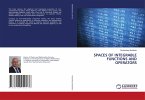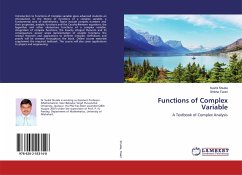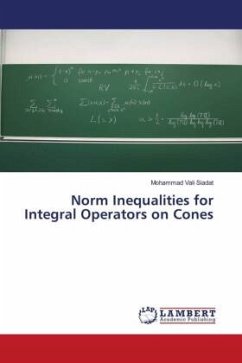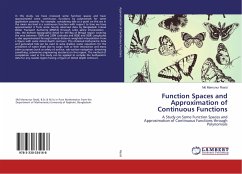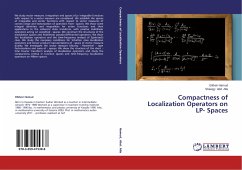The complex analysis is one of the classical branches of mathematics and has its roots in the XVIII century. Two important directions of complex analysis are the theory of conformal representations and the geometric theory of analytic functions. Applications and extensions of these theories have been developed in numerous fields, including differential equations, harmonic functions, meromorphic functions, integral operators, Banach spaces and others. This book, pertaining to the geometric function theory, provides several new classes of meromorphic functions, some new integral operators and preserving properties results, regarding the new introduced operators. These new classes are extensions of the well-known starlike, convex and close-to-convex classes. After a review of some basic concepts and standard results, related to the subordination and superordination, sandwich-type results are obtained, using the generalized Briot-Bouquet differential subordinations and superordinations. The book is useful for mathematicians, physicists, engineers, students, researches and other specialists who want to have a good training in the field of geometric function theory.
Bitte wählen Sie Ihr Anliegen aus.
Rechnungen
Retourenschein anfordern
Bestellstatus
Storno


